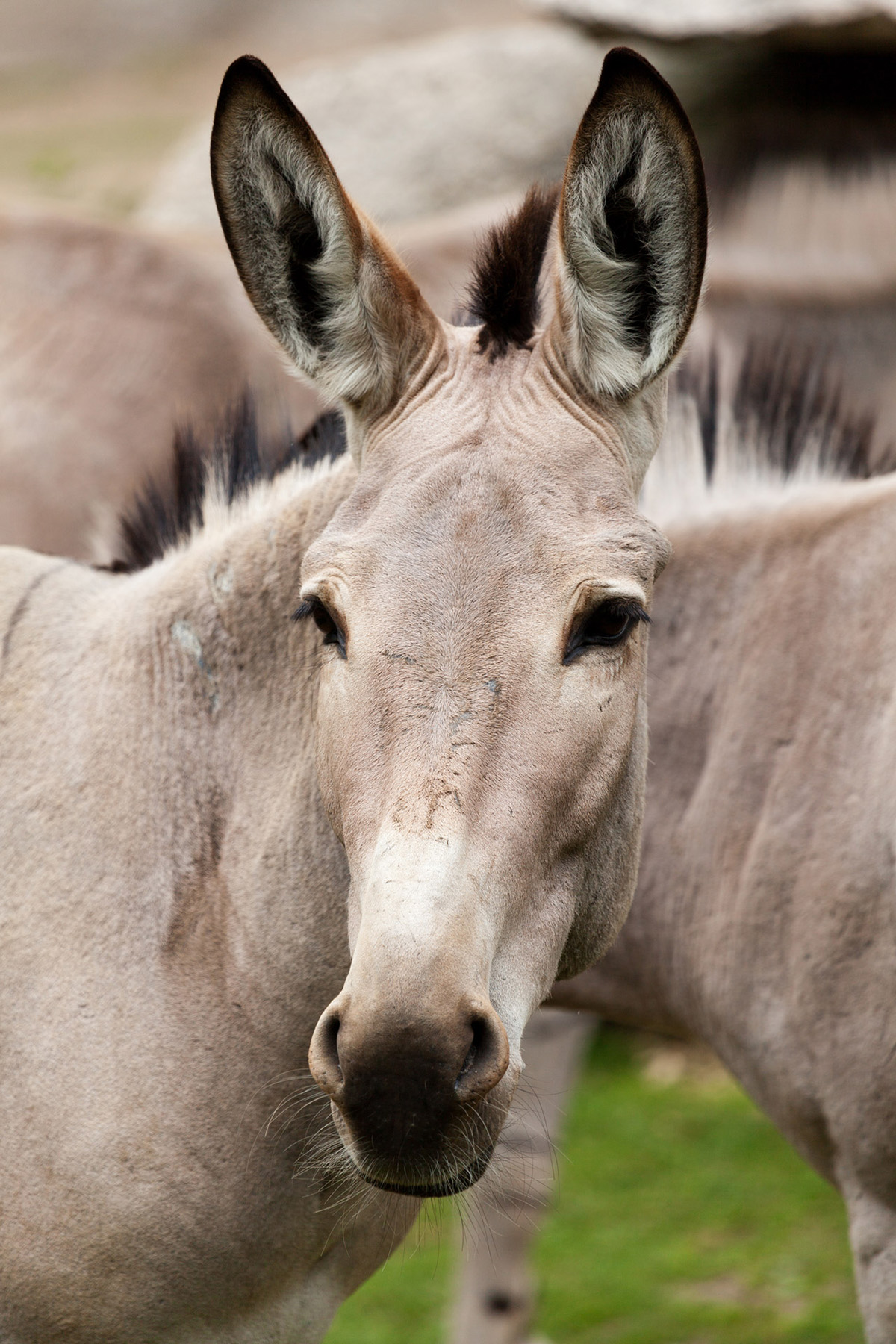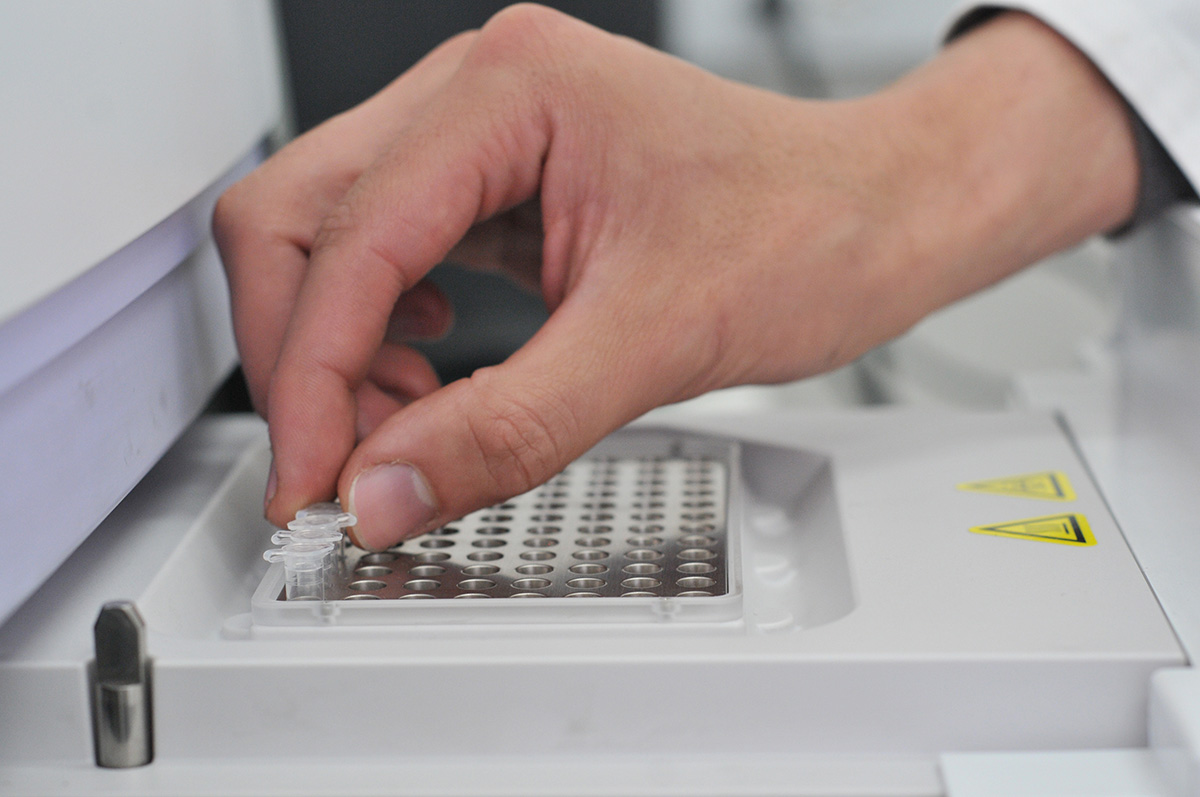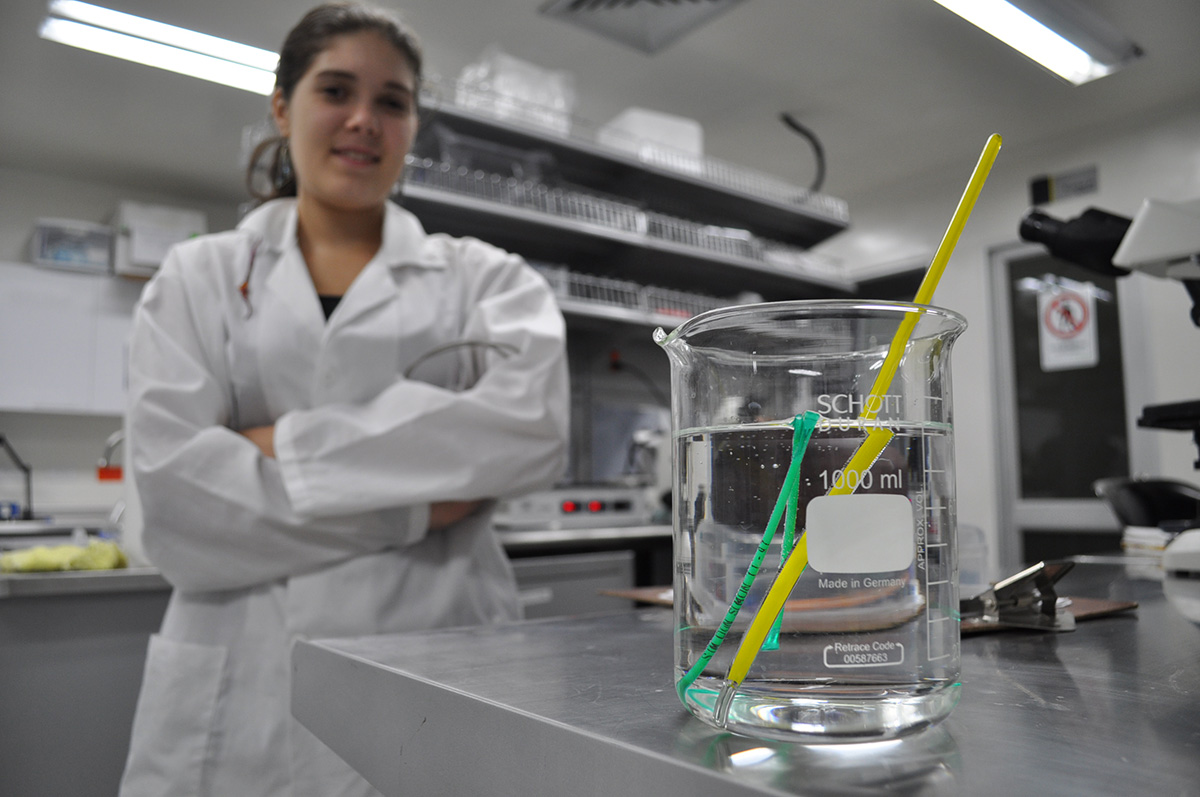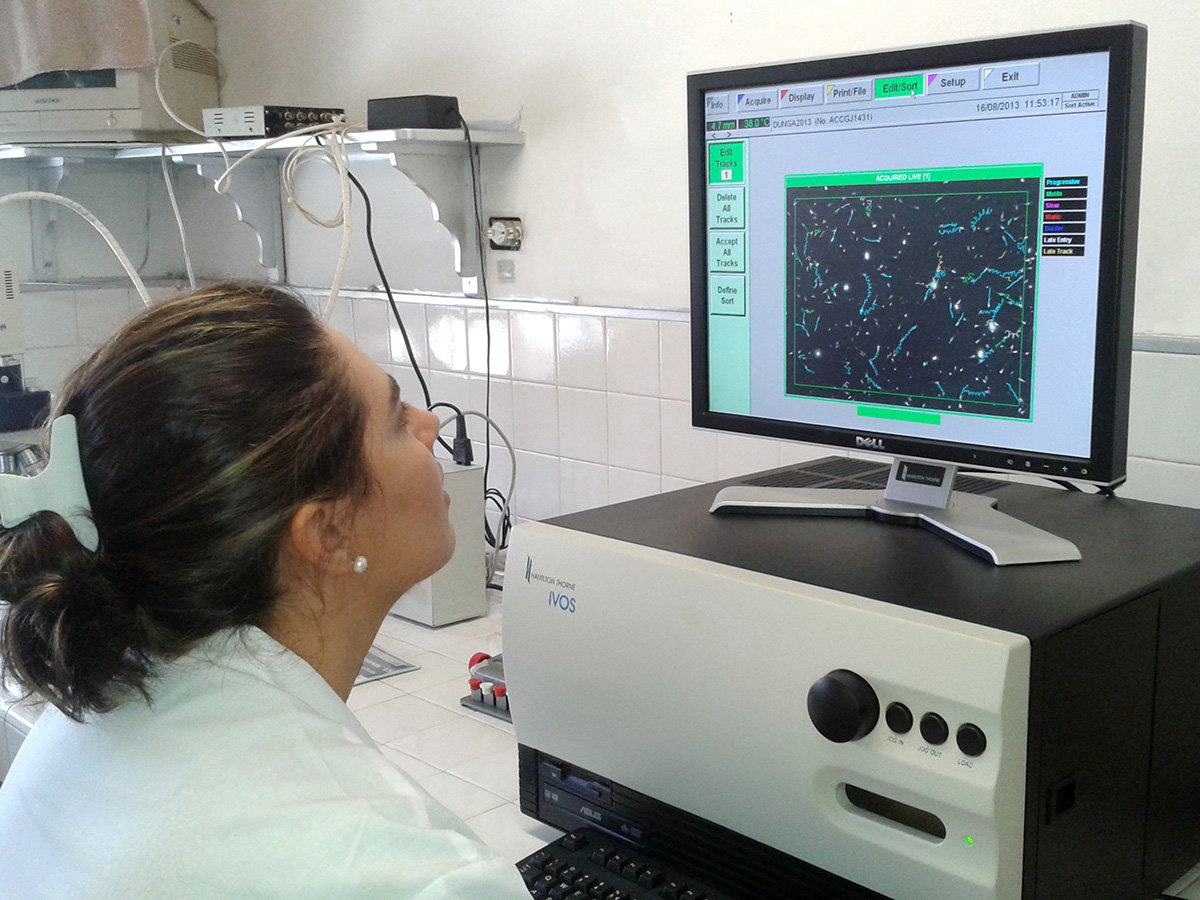According to a UK charity foundation known as The Donkey Sanctuary, there are close to 40 million specimens of Equus africanus in the world, a species originally from Africa, domesticated by the Egyptians and which played an important role in the development of Latin America.
However, the threat of extinction is one of the unforeseen effects of technification, particularly in the agricultural field. After being used for centuries as transportation or beasts of burden they have now been replaced by modern vehicles and machines.
The Colombian creole donkey faces an endogamy risk which is causing a loss of the genetic variability in the country. Furthermore, for years they have been mating with imported donkeys, such as the Spanish Catalonian donkey which are not adapted to the tropical conditions.
In Colombia, the number of donkeys is unknown as they are counted along with horses and mules. In 2009, the National Agricultural/Livestock Survey estimated 2,505,579 equines of which 220,847 were asses and 432,977 mules.
As a possibility of guaranteeing their existence as a species by means of eventual repopulating projects, researchers of the Universidad Nacional de Colombia (UNal) in Medellín Faculty of Agrarian Sciences and the Biology Department are in the process of preserving donkey semen as they have already preserved semen from exotic species like pacas and rabbits.
Cryopreservation allows maintaining sperm cells at low temperature without losing their viability or usefulness; it inhibits or lessens the metabolic activity of semen guaranteeing its vitality and function for a long period of time and may be preserved indefinitely.
UNal Animal Production Professor Ómar Camargo and Biotechnology Ph.D. candidate Andrés Pareja tailored the technology to freeze donkey semen from 19 specimens, which is a contribution for the future creation of a sperm bank to save the species.
"Traditional reproduction of zootechnical exploitation species is done through natural copulation and artificial insemination, therefore having frozen semen is essential. The technical importance in bovines, for instance, lies in obtaining at least 200 samples from a single ejaculation and inseminating the same amount of females," said Camargo.
Improved techniques
The process suggested by the researchers consists of obtaining a semen sample and assessing it and if it complies with the minimum quality standards, processing it which implies step-freezing the sample to a temperature of -196° C (-321° F).
To collect the sample (50 " 80 ml.) they normally use an artificial vagina which mimics the temperature and pressure conditions of a female donkey vagina. Then the sample is centrifuged to separate the seminal plasma (liquid media which maintains a nutritional environment for the sperm cells) from the sperm.
One of the novelties used by the researchers was to change the semen packing method for a more efficient one. For this, they used smaller pipettes (0.5 -0.25 ml.) similar to the ones used to stir coffee.
Being the sample smaller it does not only freeze better but its handling is easier," said Veterinarian Juliana Ramírez. Other traditional systems are pellets and maxi-pipettes.
Another innovation is related to sperm cell tolerance capability at low temperatures. Precisely low fertility of cryopreserved semen in horses is one of the motives which the aforementioned has limited use in artificial insemination processes.
One of the reasons for the aforementioned limitation is semen oxidative stress produced by thermal shock during the cryopreservation process.
In a natural environment, the seminal plasma has antioxidant protection. Therefore assessing some of the biochemical components of this substance may be useful for improving the supplementation processes of semen submitted to cryopreservation. In this sense, the researchers verified that adding vitamin E and quercetin to the collected samples enables preserving the material better when exposed to extreme cold conditions.
This project has been carried out for several years and is an opportunity and challenge for entities such as the Colombian Corporation on Agricultural Research (CORPOICA, for its Spanish acronym) to develop the first Colombian donkey semen bank.
 Correo Electrónico
Correo Electrónico
 DNINFOA - SIA
DNINFOA - SIA
 Bibliotecas
Bibliotecas
 Convocatorias
Convocatorias
 Identidad UNAL
Identidad UNAL







